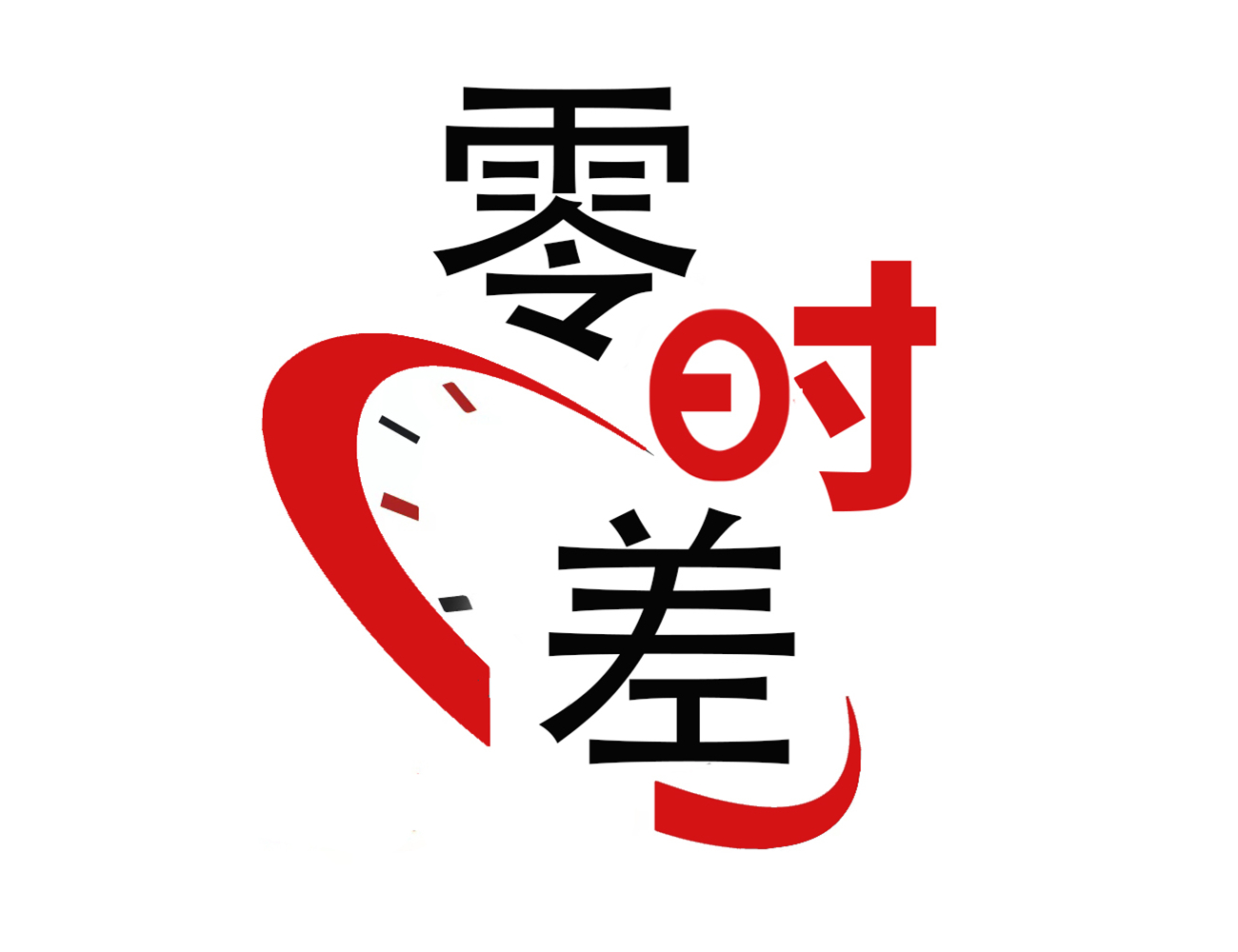China Network Review 丨 India withdraws from the IPEF negotiations, and the United States is not interesting to India to India to China
Author:Chinese network Time:2022.09.16

Chinese network
Editor -in -chief: Hua Zhang Yuxin Yuanjing
Since US President Biden's first proposal to launch the "Indo -Pacific Economic Framework" (IPEF) in May this year, the framework has been staying in the conceptual stage. On September 8, 14 member states held the first ministerial offline meeting. As the world was curious about what kind of substantive results the meeting would achieve, India suddenly announced after the meeting that it temporarily withdrew from the negotiation of the framework in the trade field. The exit of India has encountered major setbacks in the negotiation process of the Indo -Pacific economic framework, and even its name has become awkward.
The Indian Business Minister Goyal said after the meeting: "We haven't seen any benefits of all countries, and whether any conditions imposed on the environment may discriminate against developing countries." It was questioned because of the obvious "American centralism" color. US trade representative Dai Qi has clearly stated that in the negotiations of the Indo -Pacific economic framework, the problem of eliminating US tariff barriers will not be involved. This means that the United States will not promise to open its market, and it will undoubtedly pour a pot of cold water on the heads of the negotiations. At the same time, the Indo -Pacific Economic Framework has set up higher thresholds in terms of labor standards, green energy, and supply chains to make developing countries feel pressure.
The United States' "both wants", so that this framework is the same as the ribs of the eyes of other countries. South Korea's "Central Daily" has published an editorial, accusing the United States of sharing only "values", but cannot share "economic benefits"; India's "Financial Express" pointed out that the Indian Economic framework requires a commitment to make a member state in terms of trade. For India, India It's "sensitive".
The United States obviously lacks sincerity on promoting the issue of Indo -Pacific economic framework. The root cause is that this is a "political framework" called an economic agreement that is actually a "political framework" that is enclosed in China. The most ironic is that China, as the largest economy in Asia, has been excluded from the Indo -Pacific Economic framework, its meaning of isolation is obvious. However, China is the world's largest trading country, and it is also the largest trading partner of ASEAN countries. The United States attempts to establish a regional cooperation framework that lacks China in the Indo -Pacific region, which is tantamount to dreaming. Singapore Prime Minister Li Xianlong publicly stated that it is unimaginable to do business with China. If the United States establishes the "Indo -Pacific Economic Framework" to isolation in China, the framework members will pay a huge price.
Because of this, the so -called Indo -Pacific Economic framework is more like a "declaration" that the United States has forced India's stations. It is no wonder that among the remaining 13 member states, only a few "firm" allies such as Japan and Australia have firmly supported the framework, and most countries have a wait -and -see attitude. India's announcement of withdrawal from the negotiations shows a clear posture of refusing to accept US political abduction.
India has advocated the non -alliance campaign since the 1960s, so it has a historical tradition of not alliance in diplomacy. Even during the Cold War, India never joined any camp. Nowadays, under the United States, although India has formed a "Quad" (Quad) with the United States, Japan and Australia, India is also one of the founding countries of the "BRICS mechanism" with China and Russia. As Russia and Ukraine's smoke permeated, India did not obey the United States' order to join the condemnation and sanction of Russia, but expanded its procurement of Russian crude oil, and even participated in the Russian "Oriental-20122" military exercise.
In recent years, in order to implement China's plugging strategy, the United States has strengthened the United States and Japan alliances in the east, seized India on the west, and even provoked the contradiction between the Sino -Indian border. Form the trend of "East -West Covery". However, this set of "coexistence" drama is just the wishful thinking of the United States. On September 8th, on the same day held on the same day, the Ministry of Defense of China and India announced publicly that the Ministry of National Defense of China and India announced that the two armies opened in the border area. From this point of view, India chose to withdraw from the Indo -Pacific Economic Framework at this time, but it was not accidental, but to "American centralism" with practical actions. The exit of India will inevitably form a demonstration effect on other member states with a wait -and -see attitude, making the future prospects of the Indo -Pacific Economic framework become slim.
China supports free trade, and it is also happy that it is conducive to strengthening regional cooperation. Strategic enclosure and suppression. China -India is a neighbor -neighboring state, and it is also the two developing countries with the largest population in the world. Similar national conditions and complementary economic structures make the cooperation between the two countries greater than contradictions and differences. The United States wants to win India to curb the China Strategy Fire, and in the end, it can only be discussed.
- END -
One prefecture in the United States is equipped with AR-15 rifles to cause controversy

Jimu Journalist Li LiliIntern Yang ShaopengVideo editing Wang Peng
Lao Lao "Peace Train-20122" launched a full process joint drill

On July 22, the Peace Train-20122 humanitarian medical rescue joint exercise and m...